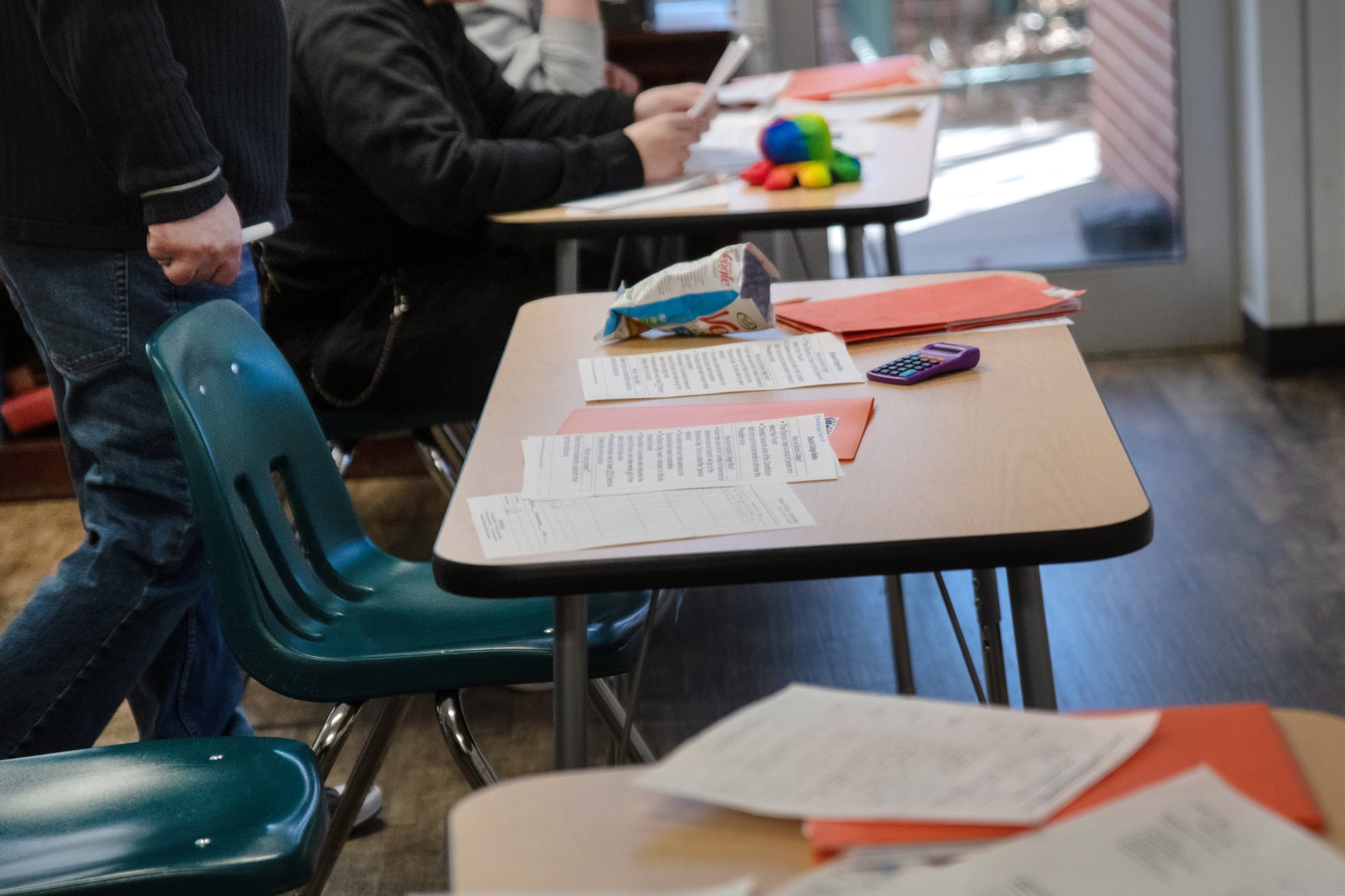Colorado passed a new law this spring intended to fix the facility school shortage by bolstering funding and encouraging more schools to open.
The measure signed by Gov. Jared Polis last month will increase funding for facility schools by nearly $19 million next year, then by $23 million in 2024 and $28 million in 2025. Lawmakers and legislative staff are predicting that four new schools will open in each of the next three years, which would mean a 40% increase in schools statewide.
The crux of the bill is a change in the schools’ funding model. The state currently funds facility schools based on a daily per-student rate of $55, which hasn’t been enough money for schools, especially small ones, to keep the doors open. Facility schools also get tuition from school districts for students in special education. The tuition ranges this year from $75 to $348 per day.
Under the new model, schools will also get base funding intended to support operational costs and staff pay. The smallest schools will get the largest increase.
It works out to 2.6 times the funding that facility schools receive under current law. But how much Colorado ends up spending depends on how many schools actually open.
The old funding model wasn’t working because enrollment at facility schools can vary dramatically, with kids moving back and forth between facilities and public schools in the same school year. The amount facility schools were paid depended on the number of kids in attendance on designated count days. Added to that is the fact that facility schools range in size from 70 students to fewer than 10, which makes it hard to piece together a staff and budget based on a per-student daily rate.
“In the rural areas, if you only have one or two kids that don’t really have anywhere else to go, they’re going to be in a facility,” said Sen. Rachel Zenzinger, an Arvada Democrat, chair of the Joint Budget Committee and prime sponsor of the legislation. “It’s hard to operate a facility school … for two or three kids, eight kids.”
Three-quarters of facility schools operate at a deficit, according to a Colorado Department of Education survey of schools statewide.
Besides new funding, the other key parts of the law are supposed to help school startups navigate a complicated system regulated by three state agencies. Right now, the state human services department licenses schools in day treatment or residential programs, while the state health department licenses those in hospitals. The law creates a new category of facility schools called “specialized day schools” and a new way for them to get licensed, which is intended to help small groups of parents create new options.
Schools will have to earn accreditation from the state facility school board in order to receive funding under the new law, which will lead to greater oversight and better tracking of student outcomes, Zenzinger said.
And the law sets up a state “technical assistance center” that will help school districts, especially in rural areas where there is no alternative school, create a plan to serve kids with behavioral health needs. The center would train local teachers and staff to operate classrooms for kids with high-level needs who otherwise would have to attend school in another town.
“We’re just not going to be able to have a facility school in all instances,” Zenzinger said. “So you have to use what is available to you, which would be the regular public school system, which if the student had the right supports and if the teachers and the educators had the right supports, it could totally work. Right now, though, they don’t, which means it’s not working.”
The law also sets up a grant program that allows facility schools to save money by banding together to pay for things like food and janitorial services, technology, security, and transportation.
Jennifer Brown is a co-founder and reporter at The Sun, where she writes about mental health, child welfare and social justice issues. Contact Jen at jennifer@coloradosun.com.






